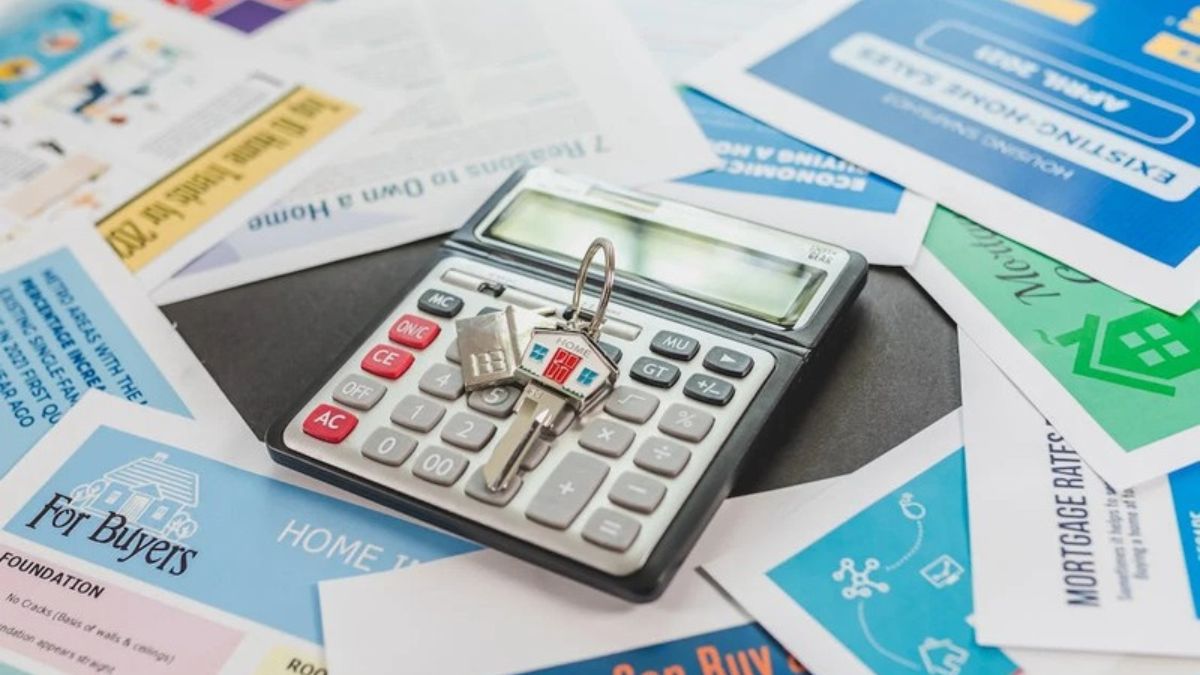Buying a house is one of the biggest financial decisions you’ll make in your lifetime. It’s exciting, but it’s also a process filled with potential pitfalls if you’re not well-prepared. Before you jump into homeownership, it’s essential to understand all the factors that can impact your purchase. Rushing into a deal without doing your homework could leave you with buyer’s remorse down the road.
To help you avoid common mistakes, here are five important things you should ask before buying a house.
Table of Contents
1. How Much Does Your Credit Score Really Matter?
Your credit score has a significant impact on the mortgage options available to you. Lenders use it to determine how risky you are as a borrower, which affects the interest rate you’ll receive. The higher your credit score, the better your chances of securing a lower interest rate, which can save you thousands of dollars over the life of your loan. If your credit score isn’t where it needs to be, take time to improve it before applying for a mortgage. Paying down debts, disputing errors on your credit report, and making consistent, on-time payments can all help boost your score. Remember, even a small improvement in your credit score can make a big difference in your mortgage terms.
2. Why Is Pre-Approval So Crucial in a Hot Market?
In a hot real estate market, homes can sell quickly — sometimes within days of being listed. To stand out as a serious buyer, you need to have a mortgage pre-approval in hand before you start house hunting. Pre-approval not only shows sellers that you’re financially capable of purchasing their home, but it also helps you understand your budget. Without it, you may fall in love with a house you can’t afford or miss out on a home that sells while you’re waiting for financing. Working with an Arizona mortgage broker, or a mortgage broker in your area, can help you understand the benefits of pre-approval and ensure you’re ready to move quickly when the right property comes along.
3. What Hidden Costs Should You Be Aware Of?
The listing price of a house is just the beginning. Many first-time buyers focus solely on the mortgage payment, forgetting about the additional costs that come with owning a home. These include property taxes, homeowner’s insurance, closing costs, and maintenance expenses. If you’re buying in a community with a homeowners’ association (HOA), you’ll need to factor in those fees as well. It’s also wise to set aside a budget for unexpected repairs. For example, an older home might need a new roof or updated plumbing, which can cost thousands of dollars. Understanding the full scope of homeownership expenses will help you avoid unpleasant financial surprises after you’ve moved in.
4. Is Location Really More Important Than Size?
When buying a home, it’s easy to get caught up in finding a property with the perfect amount of square footage, but the old adage “location, location, location” rings true. The location of your home will have a lasting impact on your quality of life and your home’s resale value. Even the most beautiful house can lose its charm if it’s in an inconvenient or undesirable area. Consider factors such as proximity to work, schools, and local amenities like grocery stores and parks. It’s also worth researching crime rates and future development plans in the area. A great location may mean compromising on square footage, but in the long run, it’s a decision that often pays off.
5. How Do Your Long-Term Plans Affect Your Purchase?
Buying a home is a major commitment, and it’s essential to think about how it fits into your long-term plans. Are you planning to stay in the same city for the next five to 10 years? Do you anticipate your family growing? These are critical questions to consider before making such a large investment. If you plan to sell within a few years, you might want to be more cautious about overpaying for a property. On the other hand, if you’re planning to stay long-term, think about the home’s potential for accommodating future needs. Consider things like space for a growing family, the quality of nearby schools, and the potential for home improvements that will add value down the road.
The Bottom Line
Buying a house is an exciting step, but it’s not something to rush into. Remember, buying a house is not just about finding the right property — it’s about finding the right property for your future.

